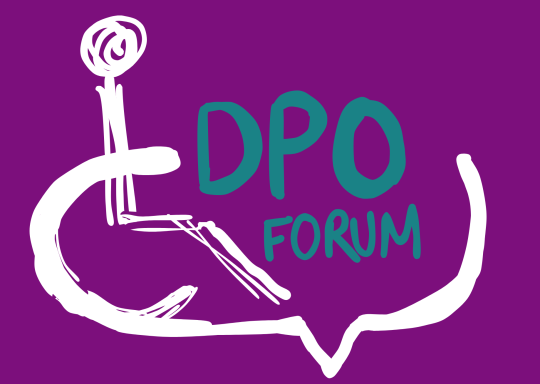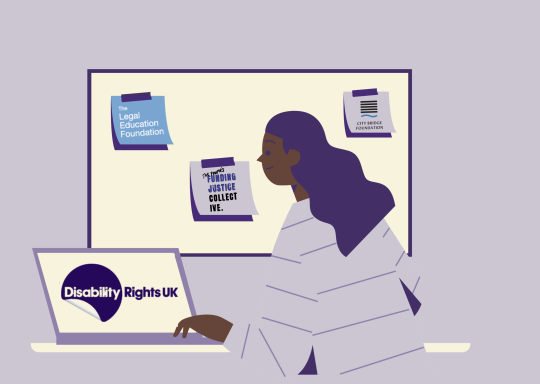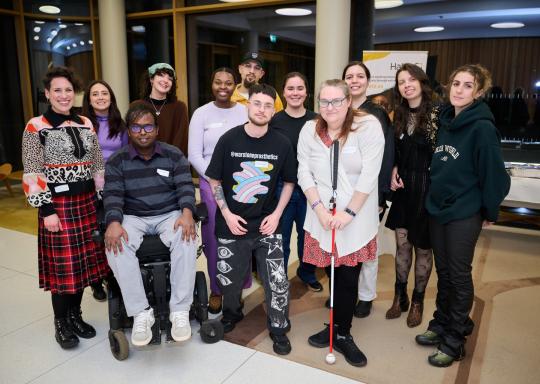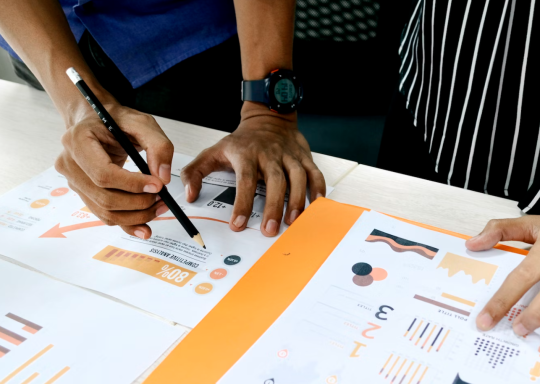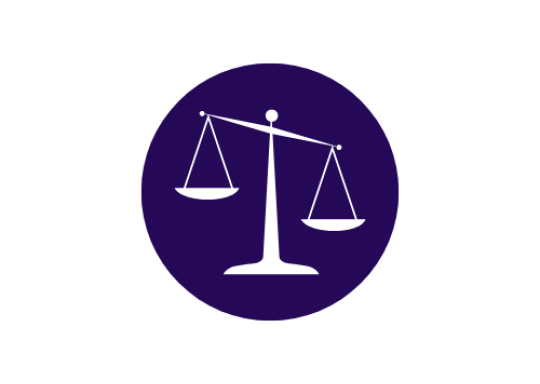Access to Elections
Access to voting
Context
There is little to no research on the political participation of Disabled people in the UK, but we know that those with a disability face many barriers to voting. The introduction of Voter ID also exacerbates these barriers.
Key Evidence
Over 2 million people were estimated to need a free Voter ID certificate in the UK, but by the 2023 May Local Elections deadline only just over 50,000 people had applied.
We know that Disabled voters face additional barriers to accessing valid identification, especially those with an intersectional experience, e.g., Disabled trans people, or Disabled people experiencing domestic abuse.
Policy Asks
ID should not be required to vote, and voting must be accessible to all.
There must also be a halt to all policies which will further disenfranchise Disabled voters.
Targeted Decision Makers
Central Government.
Partners and Allies
The Electoral Commission and Government. We sit on the Department for Levelling Up’s Accessibility of Elections Working Group.
Campaign Action
We have partnered with the Electoral Commission to advise on the accessibility of Voter ID rollout and Returning Officer guidance, amongst other things.
We challenged the introduction of Voter ID, alongside other groups, as we believe it’s a disproportionate answer to a problem that didn’t need fixing and will disenfranchise Disabled voters.
Access to running in elections (political under-representation)
Context
Our politics isn’t representative. Despite being the largest minority group in the UK, less than 10 Members of Parliament are Disabled.
Disabled people face additional barriers to running in and engaging with elections.
Key Evidence
Research by the Disability Policy Centre found that:
- Only 8 out of 650 MPs identify as Disabled, even though 1 in 5 working-age adults in the UK are Disabled.
- In Local Government, the number is nearly 700 councillors short of being accurately representative.
- Although 82% of Disabled people interviewed stated that they became initially engaged in politics as a direct result of their disability, 72% of Disabled people (and those with long-term health conditions) engaging in politics as Councillors, activists or MPs stated that they did not feel comfortable ‘declaring’ their disability to their political party for fear of discrimination.
Policy Asks
The re-introduction of funding schemes to support Disabled candidates is essential.
Reinstate the Access To Elected Office Fund Campaign
Since November 2023, we have been partnering with Centenary Action, Disability Policy Centre and other Disabled and women's organisations to call for the reinstating of the Access to Election Fund. Until March 2020, the UK Government provided a fund to meet the costs of reasonable adjustments for Disabled candidates. However, despite evidence that such a Fund is necessary, the Government has so far failed to re-establish it.
The Government’s Disability Action Plan consultation proposes that a Fund be considered. At Disability Rights UK, alongside other organisations, we are all coming together to call on the UK Government to urgently reinstate an Access to Elected Office Fund to support Disabled candidates to contest elections.
Read more about this campaign on our news page.
Targeted Decision Makers
Central Government.
Partners and Allies
The Electoral Commission and Government.

